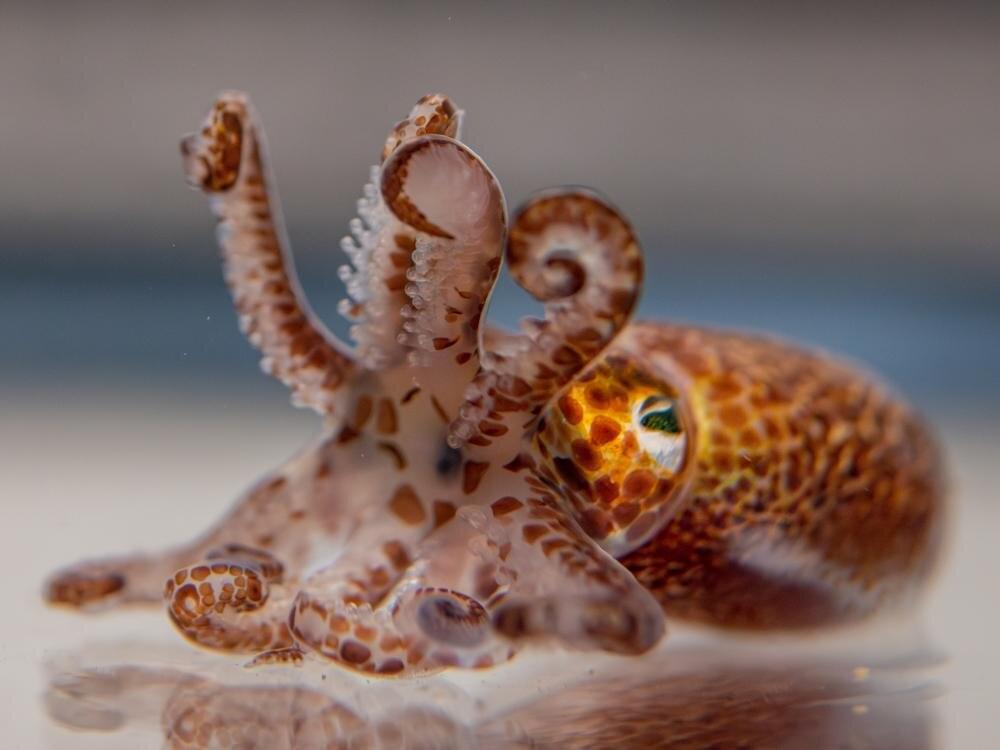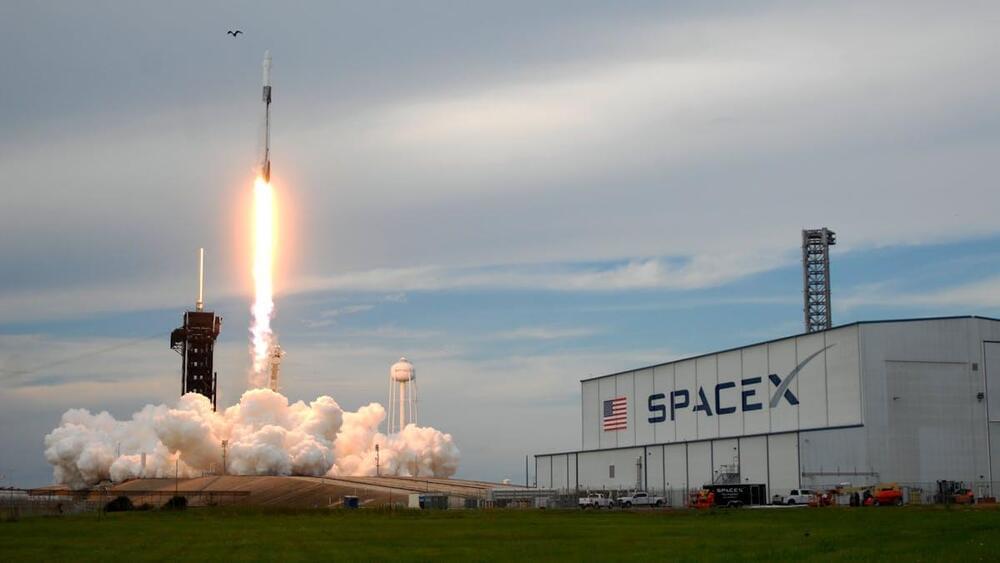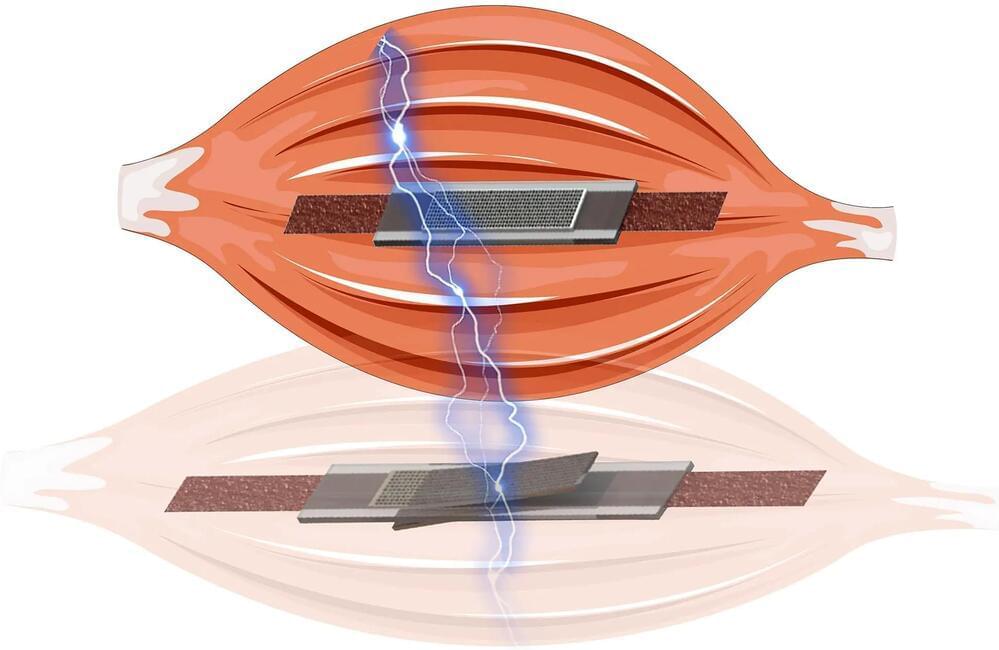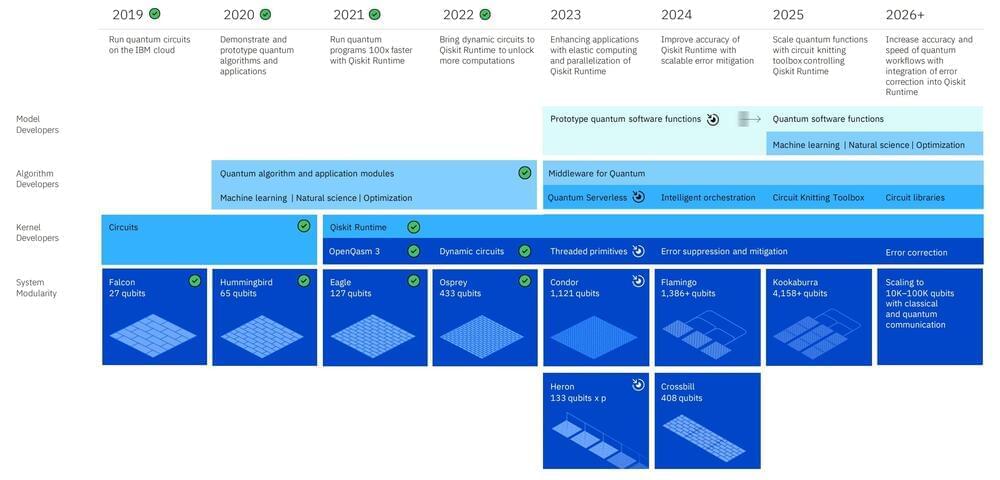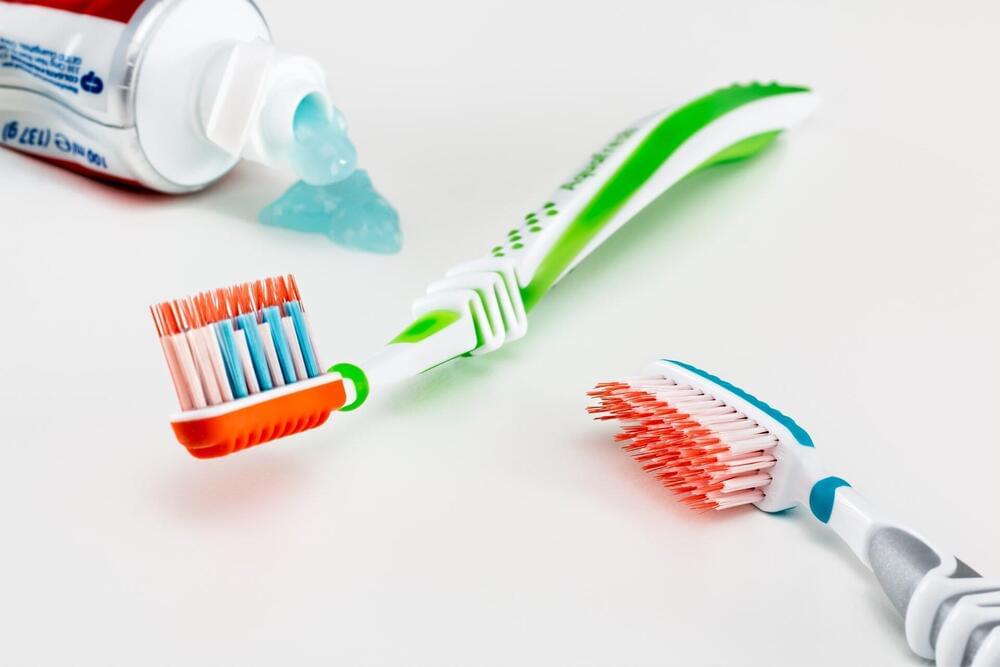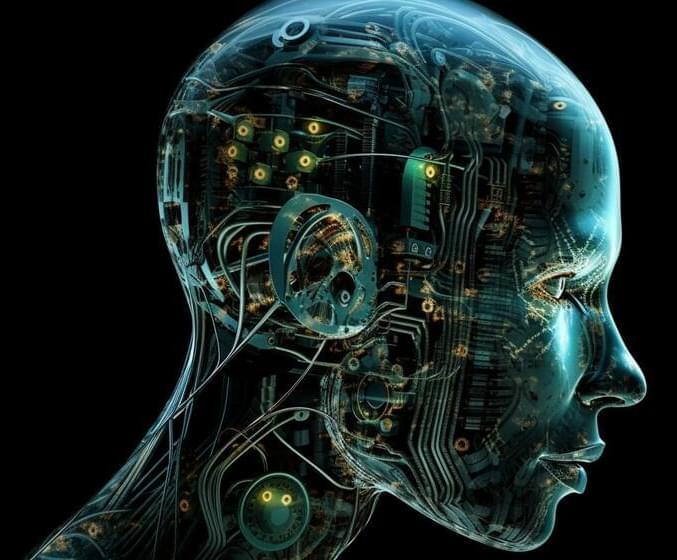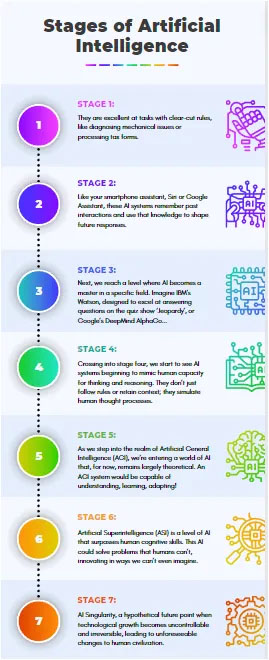Jul 18, 2023
Bioluminescent bacteria coordinate signaling to colonize squid’s light organ
Posted by Genevieve Klien in category: biotech/medical
Bioluminescent bacteria and the Hawaiian bobtail squid have formed a longstanding mutually beneficial relationship. How the bacteria coordinate their behavior to colonize the squid—through cellular signaling and cues from the environment—is detailed in a new study led by Penn State researchers.
A paper describing the study is published in the journal eLife. The researchers also show that the mechanism that they describe is likely to be widespread in a broad array of bacteria and that understanding this coordination of cellular signaling will be important for understanding how bacteria colonize their hosts more generally.
“The bacteria we study, known as Vibrio fischeri, is associated with many different marine hosts, but its association with the Hawaiian bobtail squid is the best characterized,” said Tim Miyashiro, associate professor of biochemistry and molecular biology in the Penn State Eberly College of Science and the leader of the research team.
